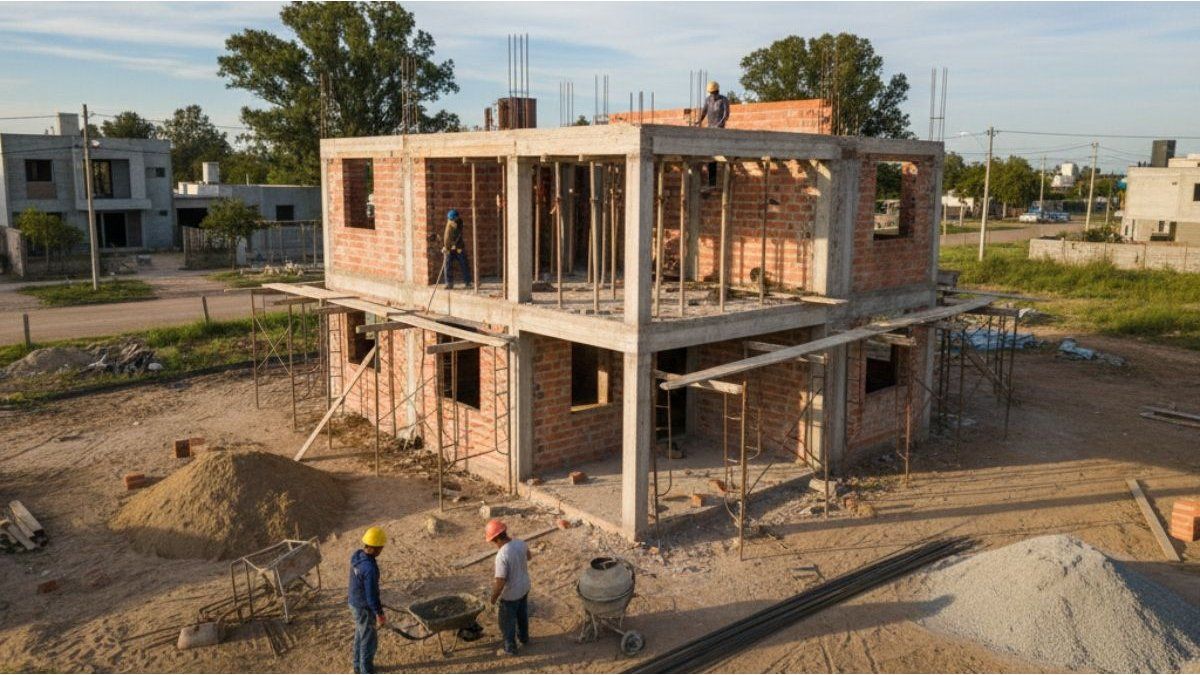Public trust in the institutions in Austria benefited significantly from the corona crisis. Above all, institutions that convey stability, protection, help and security have gained enormous trust. The armed forces, which were deployed in many ways during the corona crisis, recorded the greatest increase. Overall, the police and the constitutional court enjoy the greatest trust, as the APA / OGM trust index shows.
The armed forces with 18 points, the AMS (12), the health insurances (11), the pension insurance (10), the editorial media (14) and youth welfare offices (10) have experienced a double-digit increase in trust since 2019. The top five institutions with a confidence level of 40 points and more are the police, the constitutional court, the Chamber of Labor, the Federal President and the Court of Auditors.
If politicians are involved, there is mistrust
Basically, trust in the institutions is stable over a ten-year comparison and subject to much less fluctuations than trust in politics and politicians. The absolute majority of the institutions surveyed have been in increased trust for years; dissatisfaction and mistrust are only mixed in with direct relationships with politicians such as the government or parliament. According to OGM boss Wolfgang Bachmayer, that has to do with the last-named also with the hiccups in recent months around the U-Committee. “These conflicts have also damaged trust in the judiciary a little, although it is still a trust plus.”
The big climbers in public trust in a long-term comparison of the last 10 years are institutions that are less at the center of attacks and political conflicts today, such as the UK, the FMA and the EU (although this is still in the confidence deficit).
The media are in a better position
Only one in four of the institutions surveyed are in the majority lack of confidence, such as the insurance and banking industry, media, church, government, EU and the industrial association. By renaming to “editorial media and publishers”, the media have left their previous permanent position, thus reducing the influence of social media as a negative factor.
“People’s trust in the state and democratic institutions, which functioned in the crisis despite some mishaps, is therefore not only intact, but even strengthened. That is despite the recent excessive political conflicts, radicalization and hatred on the Internet,” says Bachmayer .
Political reactions
In cooperation between OGM and APA, the trust index has been measuring public trust in political personalities, institutions, NGOs and large member associations for 20 years. The confidence index is calculated from the balance of the percentage results for the question “do you trust … or do you not trust”? This is based on 800 interviews with representative selected voters in Austria.
The SP saw in the lower trust value for the judiciary (from 14 to only 9) as proof that “the government had damaged trust in the judiciary with its constant attacks”. “That is the result if the VP is only concerned with damaging the institutions of our country and no longer cares about governing. It also damages itself”, said SP judicial spokesman Jrg Leichtfried, commenting on the APA-OGM trust index.
Interior Minister Karl Nehammer (VP), on the other hand, was pleased “that the people in Austria reward the daily top performance of our police officers with trust”.




